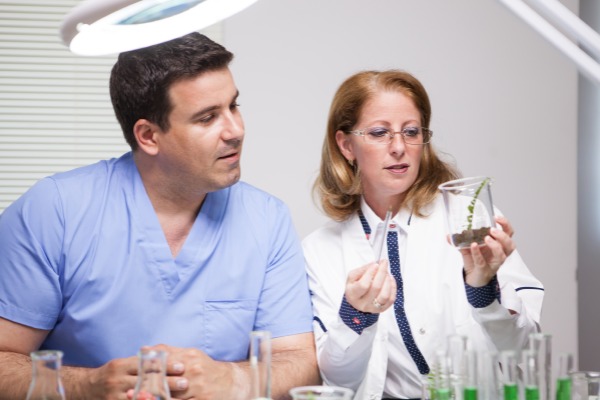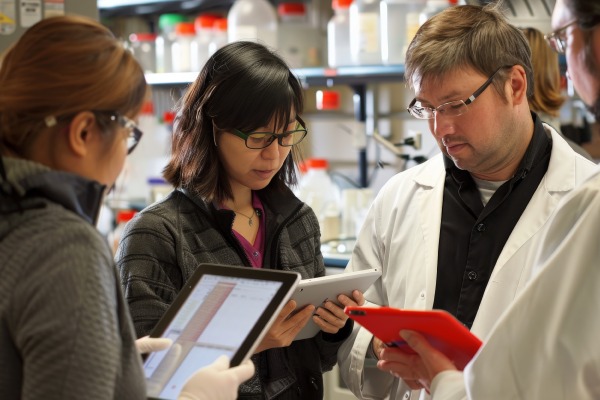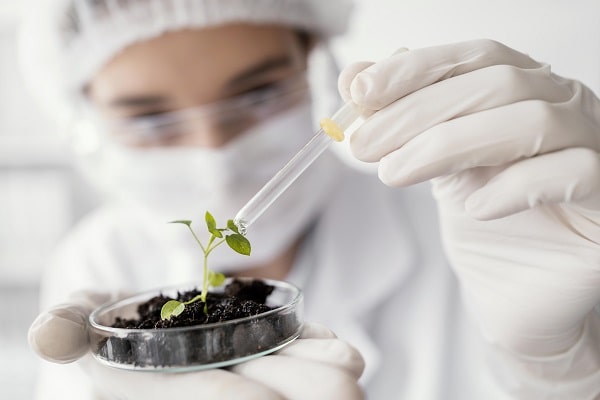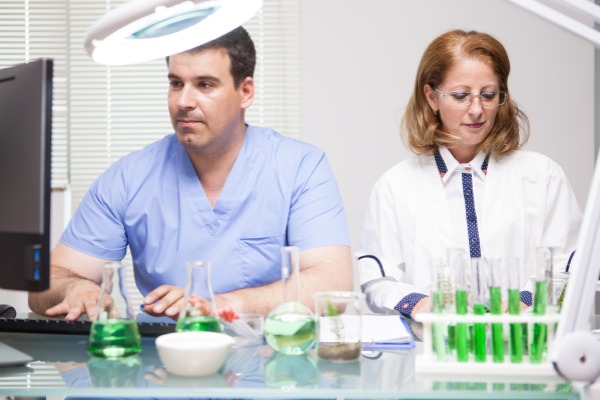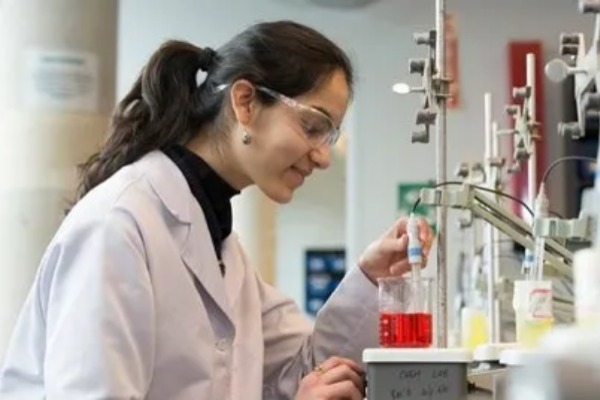
B.Pharmacy vs D.Pharmacy - Which Course Offers Better Job Opportunities?
Pharmacy is one of the fastest-growing fields in the healthcare sector, offering a wide range of career opportunities in both public and private domains. Students often feel confused between choosing B.Pharmacy and D.Pharmacy, as both offer promising futures. While B.Pharmacy is a four-year undergraduate program, D.Pharmacy is a two-year diploma course. The choice depends on your long-term goals, job preferences, and educational aspirations.
In this blog, we will compare both courses in terms of curriculum, job options, and industry demand.
If you aim to start a rewarding career in healthcare, Dr. M.C. Saxena Group of Colleges can help you make the right start.
Table of Content
- Course Duration and Structure
- Eligibility and Admission Criteria
- Curriculum and Subjects
- Job Opportunities after D.Pharmacy
- Career Scope after B.Pharmacy
- B.Pharm vs D.Pharm Career Scope
- Final Thoughts
- Frequently Asked Questions
Course Duration and Structure
B.Pharmacy is a full-time four-year program divided into eight semesters. It offers in-depth knowledge of pharmaceutical sciences including chemistry, pharmacology, and pharmaceutical engineering.
D.Pharmacy is a two-year diploma program with one additional year of internship. It focuses more on practical knowledge and basic pharmaceutical concepts suitable for entry-level jobs.
If you are looking for a quick entry into the workforce, D.Pharmacy could be ideal. If you want to build a long-term career or pursue higher education, B.Pharmacy is a better fit.
Eligibility and Admission Criteria
For B.Pharmacy
- Must have completed 10+2 with Physics, Chemistry, and Biology or Mathematics.
- Minimum aggregate of 50 percent in qualifying exams.
- Admission usually through state or national level entrance tests.
For D.Pharmacy
- Completed 10+2 with Science stream (Physics and Chemistry as compulsory subjects).
- Direct admissions are common in many states.
- No national-level exam needed for most institutions.
Both courses are open to science stream students, but B.Pharmacy may require higher academic performance and entrance exam preparation.
Curriculum and Subjects
B.Pharmacy Subjects
- Human Anatomy and Physiology
- Pharmaceutical Analysis
- Medicinal Chemistry
- Pharmacology and Toxicology
- Industrial Pharmacy
- Pharmaceutical Biotechnology
D.Pharmacy Subjects
- Pharmaceutics
- Pharmacognosy
- Biochemistry and Clinical Pathology
- Health Education and Community Pharmacy
- Hospital and Clinical Pharmacy
While D.Pharmacy introduces basic pharmaceutical knowledge, B.Pharmacy covers advanced topics and research-based learning that prepare students for wider roles in the pharmaceutical sector.
Job Opportunities after D.Pharmacy
Students completing D.Pharmacy can begin working immediately in healthcare or retail sectors. Some of the common job roles include:
- Pharmacist in government or private hospitals
- Medical store operator or entrepreneur
- Sales executive in pharmaceutical companies
- Clinical assistant in healthcare clinics
- Lab technician for drug testing
D.Pharmacy opens up quick job options but offers limited upward mobility without further education.
Career Scope after B.Pharmacy
B.Pharmacy graduates have access to broader roles and can also pursue higher education such as M.Pharm or MBA in pharmaceutical management. Career options include:
- Drug inspector or quality analyst
- Research associate in pharmaceutical labs
- Clinical data manager in CROs
- Pharmacovigilance expert
- Regulatory affairs executive
- Medical writer or scientific analyst
In terms of higher salaries and career development, B.Pharmacy offers better prospects due to its advanced curriculum and industry relevance.
B.Pharm vs D.Pharm Career Scope
According to a report by IBEF, India’s pharmaceutical industry is expected to reach $130 billion by 2030, offering high demand for qualified professionals. B.Pharmacy graduates can work in regulatory bodies, manufacturing units, R&D, and abroad. D.Pharmacy holders usually work in domestic pharmacy chains, hospitals, and small clinics.
“D.Pharmacy or B.Pharmacy which is better” ? It depends on your interest, budget, time, and career ambition. B.Pharmacy opens doors for academic, clinical, and global opportunities, while D.Pharmacy is better suited for faster entry-level employment.
Final Thoughts
Both B.Pharmacy and D.Pharmacy have their own merits, and the right choice depends on your career goal. If you want to grow, innovate, and lead in the pharmaceutical field, a comprehensive program like B.Pharmacy will help you get there. If your goal is to start working early, D.Pharmacy can be your stepping stone.
Start your journey at Dr. M.C. Saxena Group of Colleges, a name trusted since 2004 for delivering world-class technical and professional education.
Shape your pharmaceutical career with guidance from experienced faculty, modern labs, and strong industry connections.
Apply now to gain the knowledge and confidence required for a bright future in pharmacy.
- Email: atmcscet@rediffmail.com
- Call Now to Take Admission: +91 9936052233
Frequently Asked Questions
Q1. Can I do B.Pharmacy after completing D.Pharmacy?
A1. Yes. Many universities allow lateral entry into the second year of B.Pharmacy for students who have completed D.Pharmacy. It helps save time and offers a seamless academic progression.
Q2. Which course is better for becoming a government pharmacist?
A2. D.Pharmacy is the minimum qualification required to apply for government pharmacist jobs in hospitals and public health departments. B.Pharmacy may provide added advantage in competitive exams.
Q3. Is B.Pharmacy compulsory to work in pharmaceutical research?
A3. Yes. Most pharmaceutical research and R&D roles require a B.Pharmacy degree as the minimum qualification, along with practical lab skills and domain knowledge.
Q4. Does D.Pharmacy allow me to open a medical store?
A4. Yes. After completing D.Pharmacy and registering with the State Pharmacy Council, you can apply for a license to run a retail or wholesale medical store legally
















